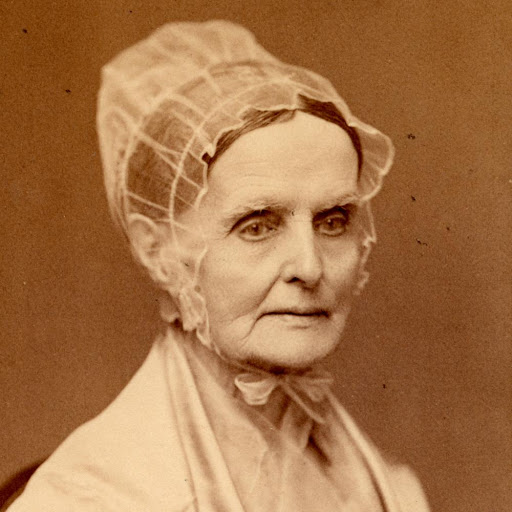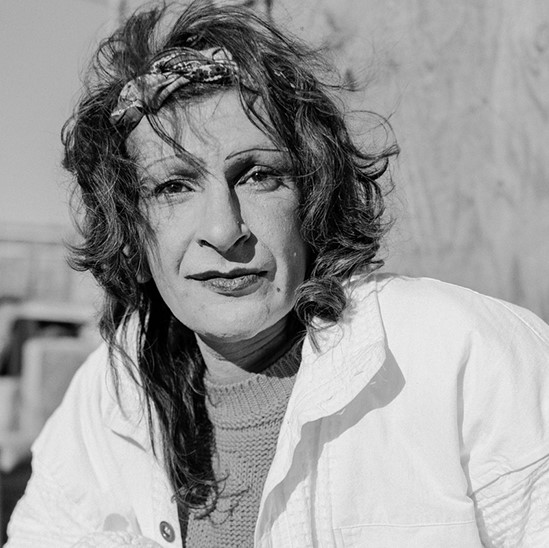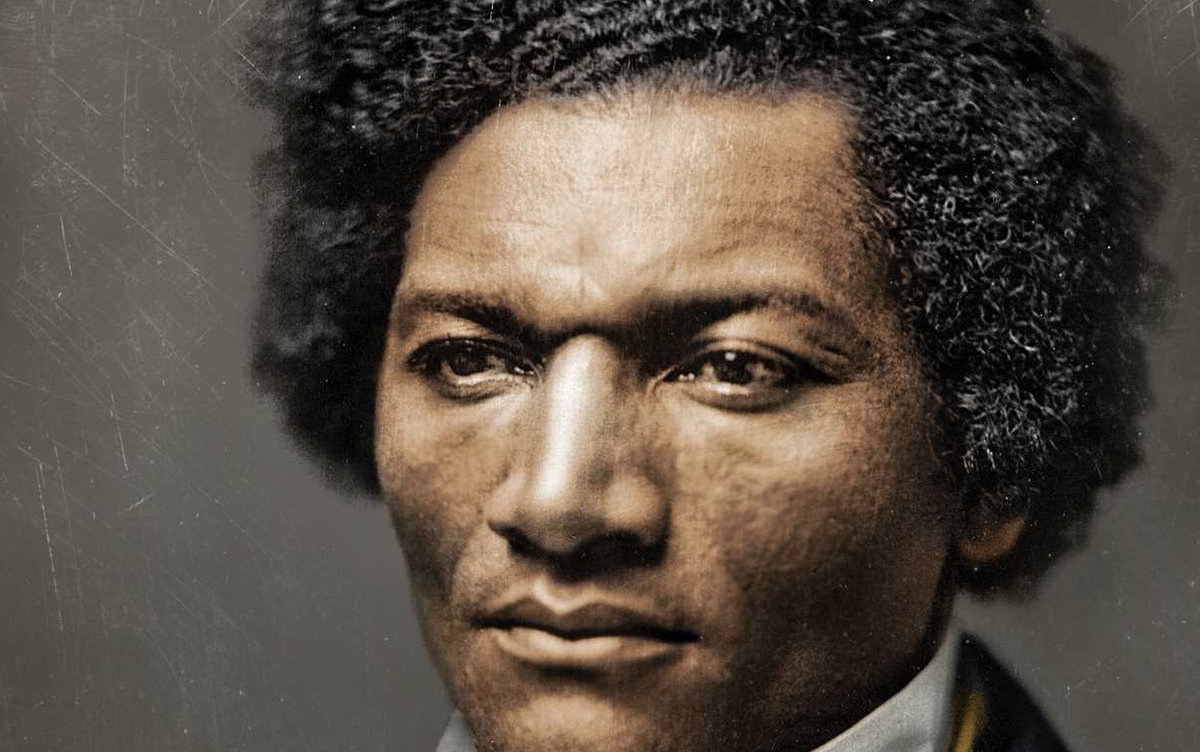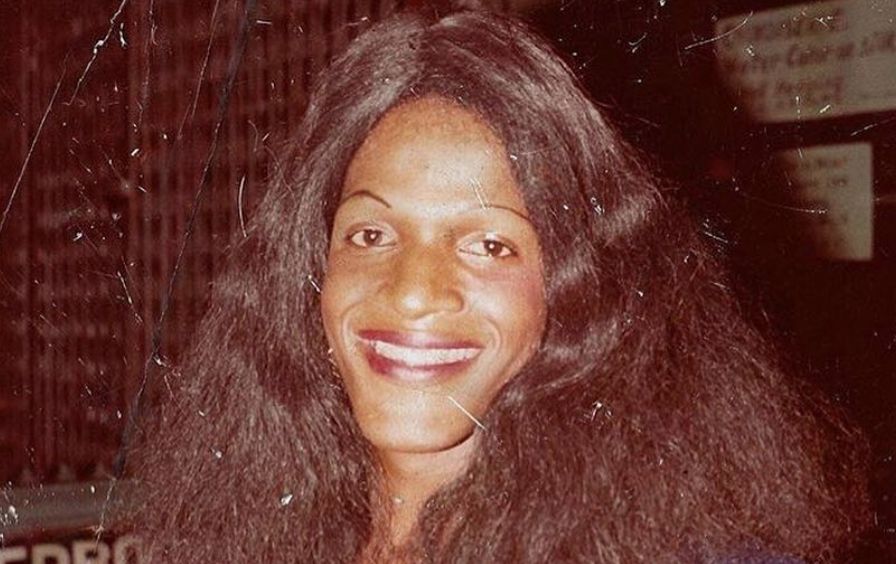How?
Read on . . .
Illinois women won “school suffrage”--voting for school board--in 1891. Almost immediately, a Chicago lawyer named Catharine Waugh McCulloch began pushing to add presidential suffrage.
Rev. Dr. Anna Howard Shaw performed their wedding. ‼️
Catharine was admitted to the Supreme Court Bar in 1898.
She was also a friend of #IdaBWells. Paula Giddings notes: “both exhibited a bulldog determination and did not suffer fools lightly.”
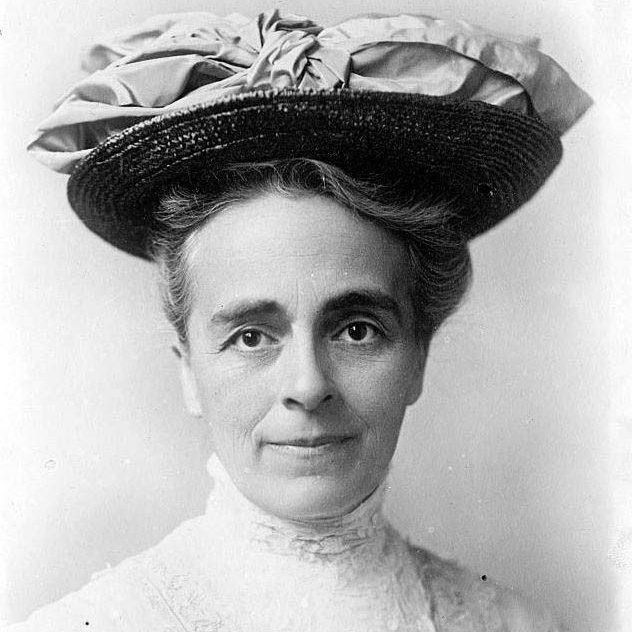
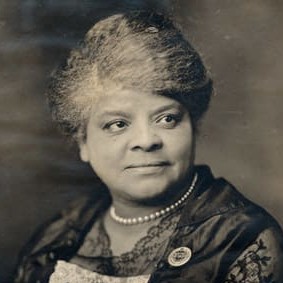
Their effort included phone banking that rang the speaker of the House every 15 minutes for 3 days; whipping floor votes and sending taxicabs
Ida’s group wasn’t there only for suffrage. Three anti-Black bills were also pending: an anti-miscegenation bill, a streetcar segregation bill, and a bill to help white unions oust Black railroad employees.
I know they all celebrated together when they won. The Governor signed the bill in June 1913, and an automobile procession drove Michigan Avenue with more than 100 cars, marching bands, and flags.
Ida was a parade marshal, and five of the cars carried Alpha Suffrage Club members.
#BlackSuffragists #Suffrage100 #19thAmendment



